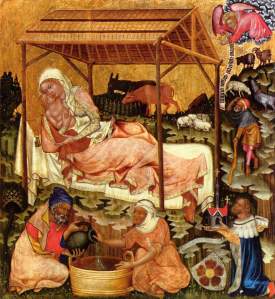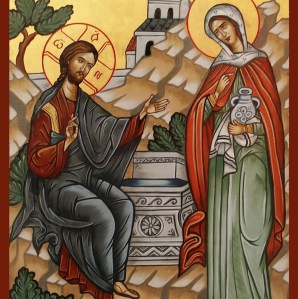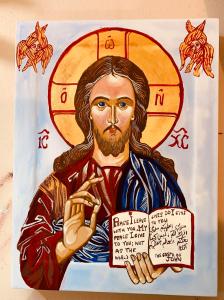The word “Lent” comes from the Anglo-Saxon word “Lencten”, meaning springtime. If we live Lent well, we have a true springtime in our spiritual life. In this meditation, we situate our Lenten discipline in the context of three events in Our Lord’s life, each of which teaches us something about Lent:
- His 40 days of prayer and fasting in the desert, after which he rejected the temptations of the devil. If we live our Lenten life of prayer, fasting and charity well, we will be stronger in resisting temptations.
- His passion and death, borne out of love for us. They invite us to be generous in our Lenten penances out of love for him.
- His ascension into heaven, where he goes to prepare a room in the Father’s house for us. Our Lenten discipline will help to make up for our sins and speed us along the way to heaven.









